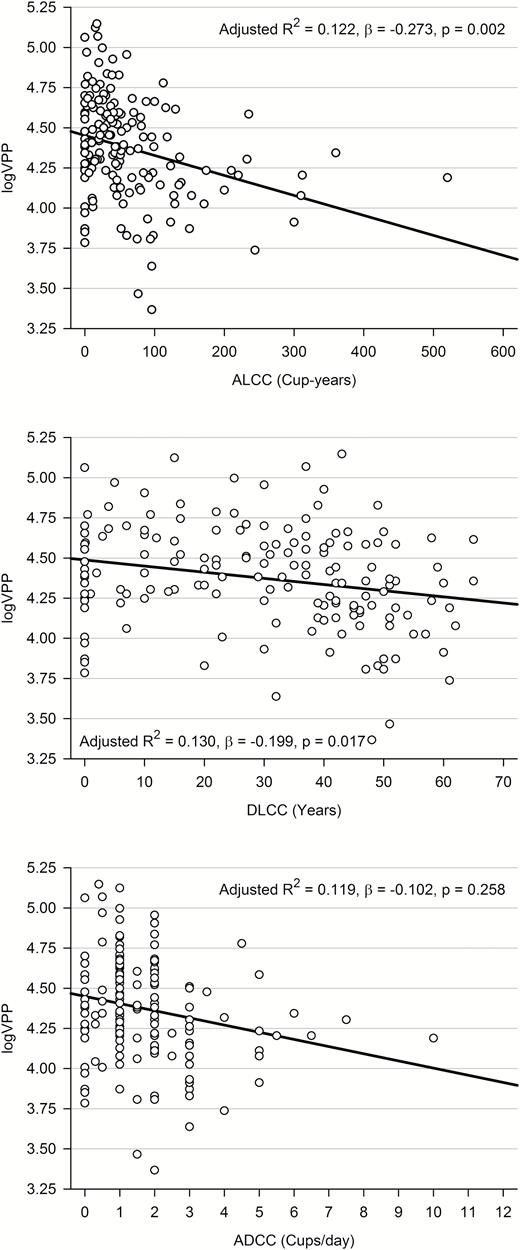jay123
Member
- Joined
- Nov 9, 2017
- Messages
- 288

Lifetime coffee consumption, pineal gland volume, and sleep quality in late life
AbstractStudy Objectives. Previous studies have shown that coffee consumption may suppress the production of melatonin in pinealocytes through competitive inhib
Methods
We enrolled 162 cognitively normal elderly individuals among the participants in the Korean Longitudinal Study on Cognitive Aging and Dementia. We evaluated the patterns and amounts of coffee consumption using a study-specific standardized interview and assessed sleep quality using the Pittsburgh Sleep Quality Index. We measured the volume of pineal parenchyma (VPP) by manually segmenting the pineal gland on high-resolution three-dimensional T1-weighted magnetic resonance images. We examined the impact of lifetime coffee consumption on the VPP and the resulting effects on sleep quality using analysis of covariance, multiple linear regression, and mediation analyses.
Results
We found that smaller VPP was associated with higher cumulative lifetime coffee consumption. Participants who consumed more than 60 cup-years of coffee had VPPs that were smaller by about 20% than individuals who consumed less than 60 cup-years of coffee. The VPP mediated the association between lifetime coffee consumption and sleep efficiency and quality.
Conclusions
Our findings suggest that high lifetime coffee consumption may reduce VPP, and that this reduction in VPP may impair the quality of sleep in late life.
..
